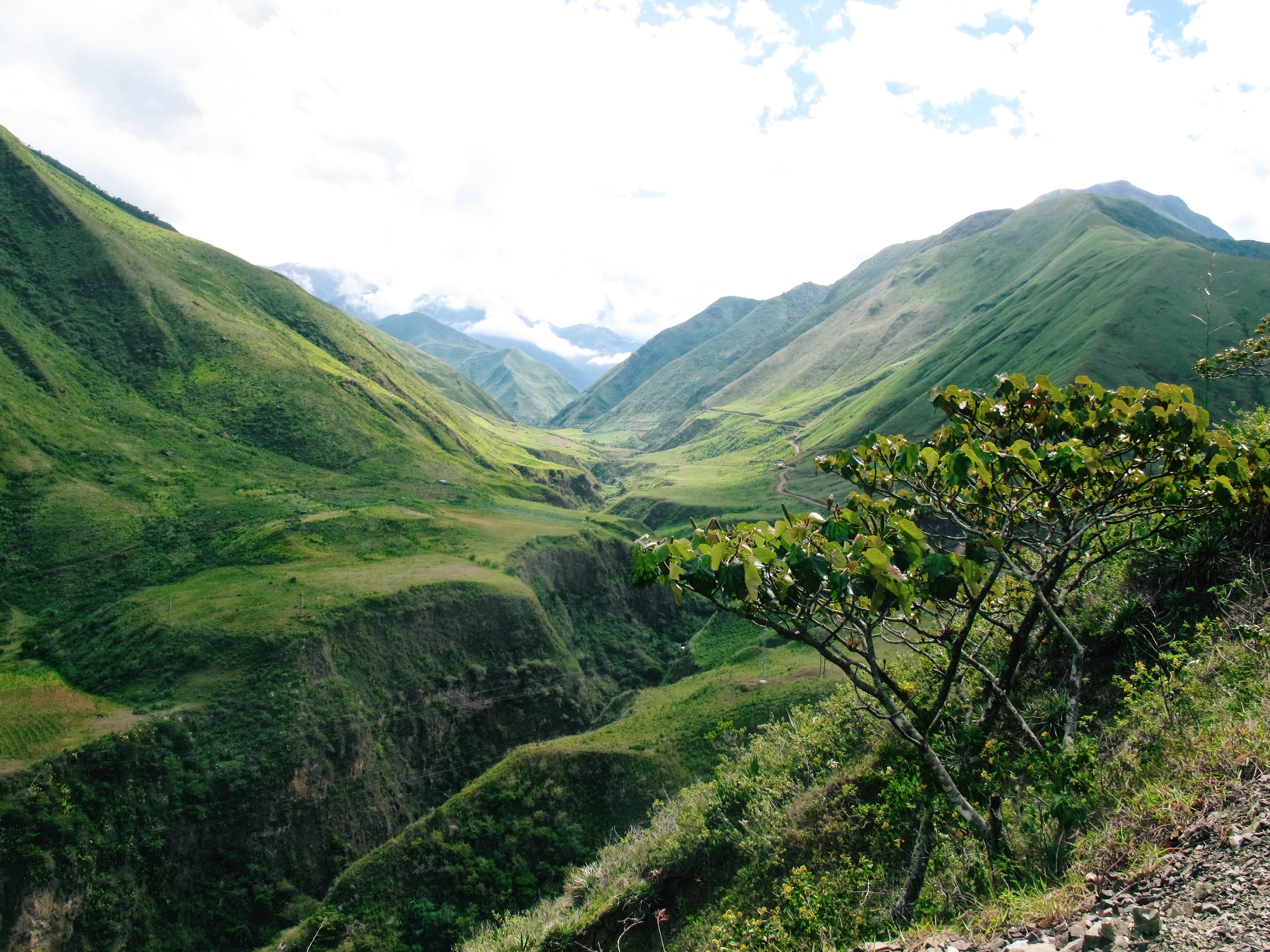Background
On September 28th, 2008, Ecuadorian citizens voted for a new constitution that gave Nature legally enforceable rights to exist, flourish, and evolve.
Ecuador was the first country in the world to say Nature has rights. This new constitutional law is based on the Rights of Nature movement, which argues that if global society recognizes Nature as a stakeholder with intrinsic value, less harm will be done to the environment.
As described by the Global Alliance for the Rights of Nature (GARN), Rights of Nature is the recognition that earth’s ecosystems have rights just as human beings have rights. Rather than treating Nature as property under the law, the rights of Nature acknowledge that Nature has the right to exist, persist, and maintain its cycles.
The Rights of Nature framework can be used to address some gaps and limitations in law and policy and can address non-economic losses that result from climate change, as it gives environmental entities legal standing.
The Law In Action
In 2011, landowners filed a lawsuit against the provincial government of Loja, Ecuador, on behalf of the Vilcabamba River. The river was at risk of being destroyed by a new development project. The judge ruled in favor of the river, deciding to halt development and have the municipality rehabilitate the area.
Animal Rights
Recently, Ecuador made history again by ruling that wild animals possess the legal right to exist, develop, and be free from cruelty and distress. The historical decision occurred in January 2022 when Ecuador’s highest court interpreted the Rights of Nature constitutional laws in the case of a monkey named Estrellita.
Estrellita was raised domestically for 18 years in a private residence in Ecuador. Due to the illegal possession of wildlife in Ecuador, Estrellita was taken by authorities in 2019 and placed in a zoo, where she died a month later from sudden cardiac arrest.
The woman who kept Estrellita for 18 years, Ana Beatriz Burbano Proaño, filed a petition asking the court to declare that Ms. Burbano Proaño had violated the monkey’s rights under the constitutional rights of Nature.
Before this decision, it was not clear if wildlife fell under the legal protection of the rights of Nature. In January 2022, the court ruled in Estrellita’s favor, arguing that Ms. Burbano Proaño had violated her rights under Ecuador’s constitution. The court ruled that Estrellita’s rights had been violated 18 years prior when she was removed from the wild and again in 2019 when she was removed from the care of Ana Beatriz Burbano Proaño.
What This Means For Conservation
By recognizing the rights of Nature in its constitution, Ecuador is paving the way for conservation.
The divergence from the idea that Nature is the property and can be exploited for human gain is shaping a new conservation pathway that other countries can follow.
At OneNature, we believe that understanding the diverse values of Nature and wildlife and including these holistic values in policy and practice is the best way to create a more sustainable and happy world for people, animals, and Nature.
We envision a day when the wellbeing of all is the goal of environmental policies.
We wholeheartedly support recognizing the rights of Nature and wildlife so that governments can work to create policies that adequately represent the interests of all beings in our current legal system.
Sources:
- https://therightsofnature.org/universal-declaration/
- (2008) Ecuador First to Grant Nature Constitutional Rights, Capitalism Nature Socialism, 19:4, 131-133, DOI: 10.1080/10455750802575828
- https://www.garn.org/rights-of-nature/
- https://www.smithsonianmag.com/smart-news/ecuadors-high-court-recognizes-that-wild-animals-have-legal-rights-180979862/#:~:text=Ecuador’s%20high%20court%20has%20ruled,Surma%20for%20Inside%20Climate%20News.
- https://news.climate.columbia.edu/2021/04/22/rights-of-nature-lawsuits/
- https://www.google.com/amp/s/www.euronews.com/green/amp/2022/04/01/wild-animals-in-ecuador-now-have-legal-rights-thanks-to-a-monkey-named-estrellita
